Missed the Africa Elections leadership lab?
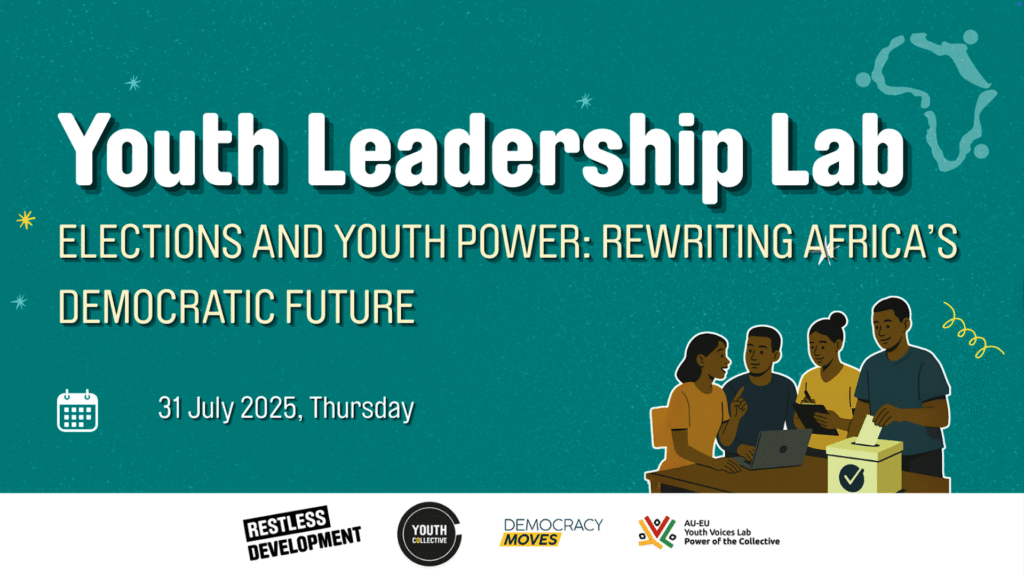
Learn more about the key takeaways from the session!
What was the Session about?
98 Youth Collective members from Africa united to explore ways they can increase their participation in electoral processes in Africa. With over 15 elections taking place in 2025, the Africa Elections Leadership Lab, titled ‘Elections and Youth Power: Rewriting Africa’s Democratic Future,’ united youth voices to confront growing threats to democracy and civic space across Africa, as well as the role of youth, technology, and AI, and enabling policies to increase youth participation in the electoral process.
Objectives of the session
- To identify and share best practices on the role of young people in electoral processes – including voter education and election observation – by highlighting successful youth-led initiatives from past and upcoming elections in Africa during the Leadership Lab session.
- To engage youth participants in the co-creation of a joint statement with actionable recommendations on the role of African youth in elections, to directly influence the Africa Youth Charter, by the end of the Leadership Lab session.
For democracy to thrive, young people must not only be present in the room but be at the decision-making table, shaping the agenda.
Brenda Namuwonge
Best practices spotlighting youth participation in electoral processes
The National Youth Manifesto by Brenda Namuwonge, Open Space Uganda
Uganda’s election will take place on 12 January 2026. To prepare for the election, Open Space has been engaging youth collective members in Uganda through:
- Support program for Youth Political Aspirants
- Research on Young People’s Participation in Elections
- Partnership with government agencies to conduct voter education.
Linda Stalonne MAPENDA IFFOUNDJI – Democracy Moves, Gabon
Gabon’s election is scheduled to take place on 27 September 2025. To prepare for the election, Linda, along with Democracy Moves Gabon, has been engaging youth collective members in Gabon through:
- Utilise social media in Gabon to disseminate crucial election information.
- Promote election dates and awareness through online posts and street campaigns.
- Encourage young people to run for office.
- Call for a fair and transparent vote-counting process.
Fred Mtei, Voice and Governance Youth Officer, Restless Development Tanzania
Tanzania’s election is scheduled to take place on 29 October 2025. To prepare for the election, Restless Development Tanzania has been engaging youth collective members in Tanzania through:
- Partnering with Tanzania’s National Electoral Commission and the Embassy of Switzerland.
- Supporting 31 young people as certified voter education providers for 2024/2025.
- Training youth on civic engagement, voter rights and responsibilities, and peaceful participation.
- Helping youth develop and lead national voter education action plans.
Alinaswe Lusengo – Freelance Journalist, South Africa
She shared some of her experiences engaging in the previous presidential election. They conducted the following activities:
- Hosted town halls and used media to boost youth participation in South Africa.
- Organised a youth-led Citizens’ Assembly to raise awareness about electoral processes.
- Facilitated open dialogues with young people on civic issues.
- Contributed to shaping youth-driven policies for parliamentary advocacy.
Recommendations
1. Increasing youth participation in the electoral process. Young people’s role in electoral processes
- Legal Reforms: Lower age and financial barriers (e.g., “Not Too Young to Run” law).
- Political Inclusion: Encourage youth involvement in party structures and leadership.
- Mentorship: Provide intentional, hands-on guidance from experienced leaders.
- Civic Education: Integrate into schools and communities; focus on critical thinking and accountability.
- Voter Awareness: Expand outreach and information access, especially in rural areas.
- Digital Engagement: Use social media and online platforms for mobilization and education.
- Support Youth Initiatives: Back youth-led organisations promoting peaceful, informed participation.
- Address Systemic Barriers: Tackle disillusionment, insecurity, and exclusionary politics.
2. Role of Technology and AI in enhancing Youth Participation in elections
- AI can simplify political information, support youth-led campaigns, and enable data-driven advocacy.
- Blockchain and secure online voting systems offer potential for transparent and inclusive elections.
- Media literacy and uninterrupted internet access are crucial for combating misinformation and promoting participation.
3. Policy and Structural Reforms
- Legal reforms, such as Nigeria’s “Not Too Young to Run” law, demonstrate how policy can unlock the potential of young people.
- Recommendations include:
- Lowering candidacy age barriers.
- Making civic education mandatory.
- Reforming campaign finance systems.
- Ensuring consistent youth definitions across policies.
4. Mentorship and Education
- Structured mentorship and civic education, both in schools and communities, are crucial for developing informed and confident youth leaders.
- Youth-led organisations are already innovating in voter education and peaceful mobilisation.
5. Overcoming Barriers
- Trust deficits, systemic exclusion, and security challenges hinder youth participation.
- Inclusive processes and institutional reforms are needed to rebuild trust and ensure meaningful engagement.
When young people are informed, empowered, and united, no barrier in politics is too high to overcome.
Fredy Mtei
Moderator of the session
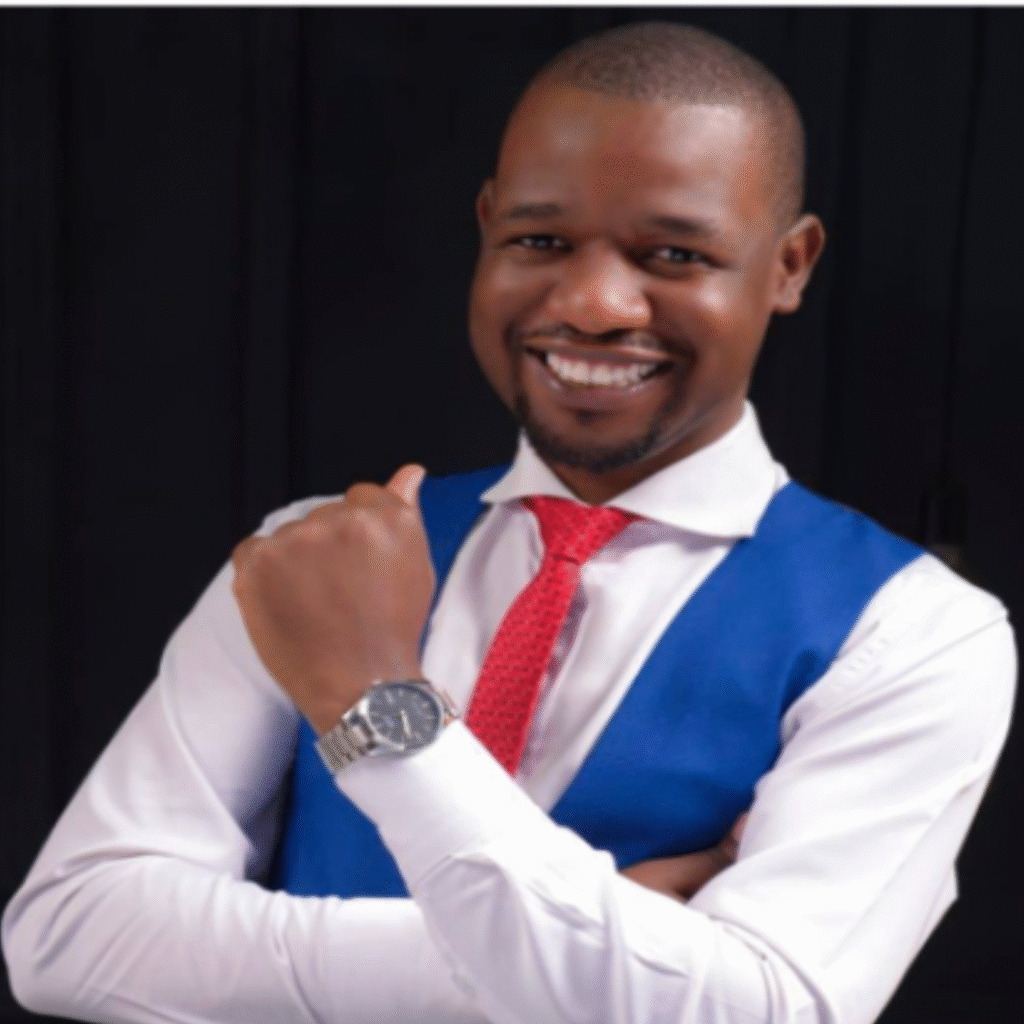
Daniel Orogo, Africa Regional Coordinator for Democracy Moves, leads Civic Voices in Kenya, promoting digital public participation. He coordinated the 2022 “Africa, My Home, My Future” campaign with the All Africa Conference of Churches. As the founder of Langata Youth Network in 2012, he champions community development, political inclusion, and democratic governance across Africa, inspiring unity among young people.
Speakers
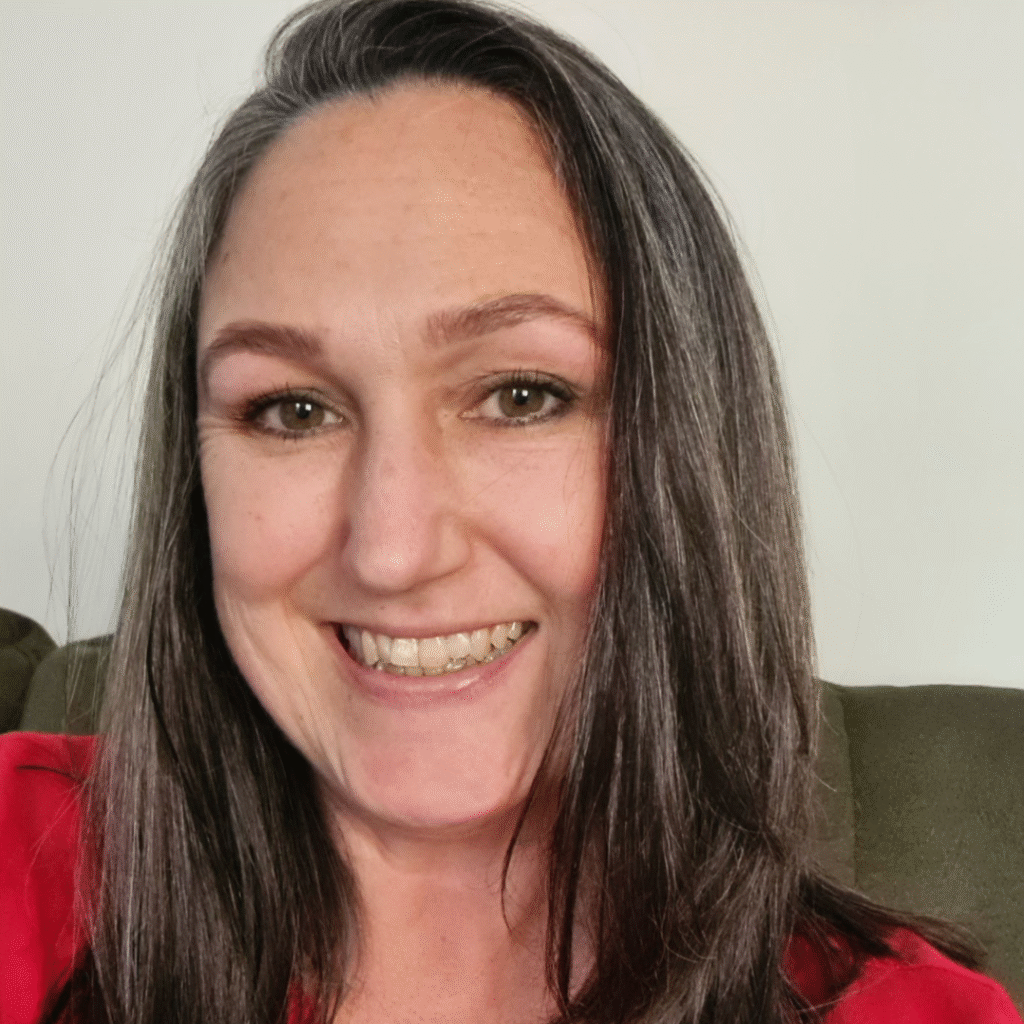
Natalie Agboeze, Strategic Partnerships Director at Restless Development since 2016, is known for her feminist leadership, strategic planning, and project management expertise. Formerly the Director in South Africa and Head in Sierra Leone, she has led initiatives on youth leadership, gender equality, and accountability. Outside of work, she enjoys container gardening, painting, and printing, which reflect her creativity and passion.
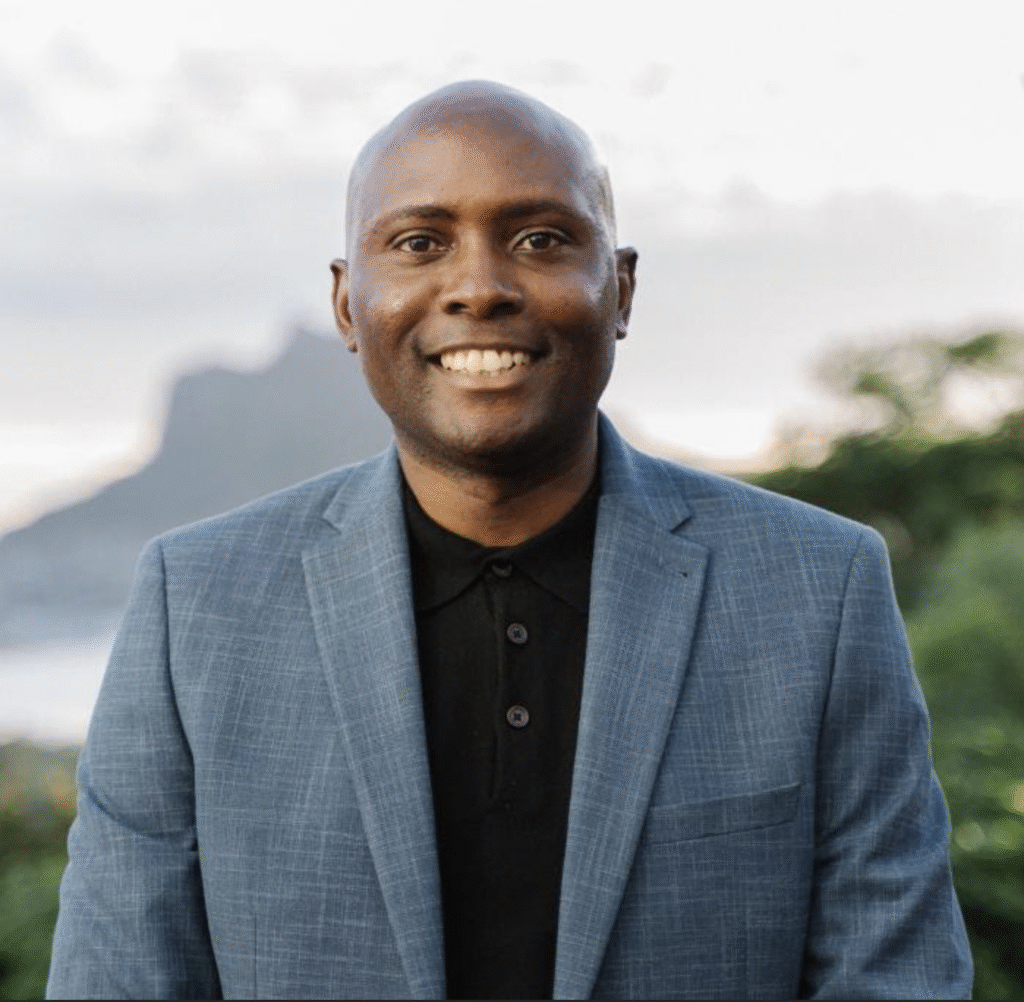
Dr. Hangala Siachiwena, a Postdoctoral Fellow at UCT’s Institute for Democracy, researches social policy and inclusive reform. He lectures in Sociology, contributes to the Afrobarometer’s data team, and holds interdisciplinary training in economics, politics, and sociology. His doctoral work examined how government changes affect cash transfer policies, with a focus on social protection, development, elections, and evidence-based policymaking.

Brenda Namuwonge, Monitoring, Evaluation, and Research Specialist at the Open Space Centre, has over 8 years of experience advancing youth inclusion in governance and development. She leads national research and policy initiatives, amplifying the voices of young people in democracy, policy, and economic empowerment. Skilled in data-driven advocacy, she transforms evidence into actionable insights that inform policy and inspire inclusive change.
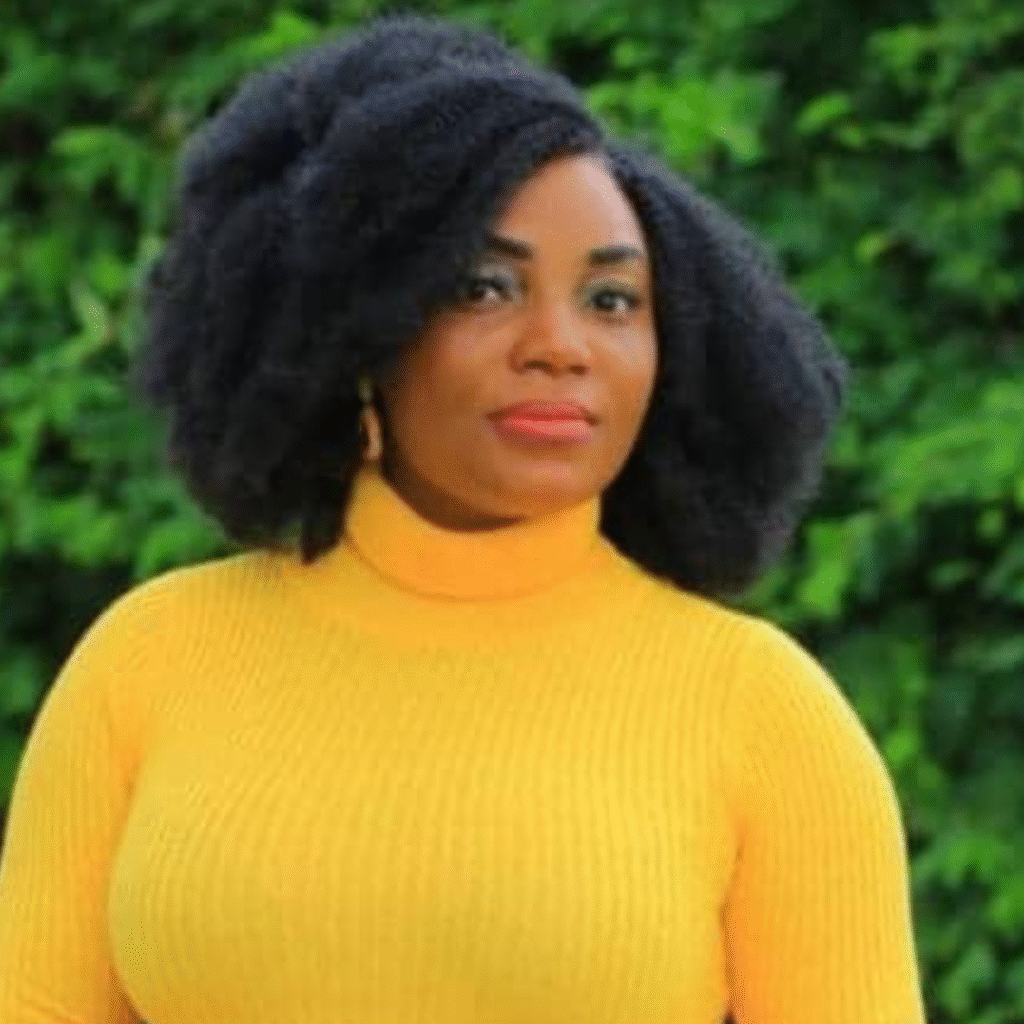
Linda Stalonne Mapenda Iffoundji, 35, is a Gabonese youth leader, radio host, and Administrative & HR Director in the construction industry. With degrees in banking, insurance, and business, she has a versatile career in media, finance, and administration. A Democracy Moves member for three years, she actively champions youth engagement and leadership, driven by her dedication to service and empowerment.

Alinaswe Lusengo, a media and communications professional, is a writer and advocate for social change. She has reported for outlets such as The Daily Maverick and worked in political communications. Dedicated to amplifying marginalised voices, especially those affected by gender-based violence, she utilises journalism, activism, and storytelling to empower communities and drive meaningful social impact.

Fredy Mtei, Program Officer for Voice and Governance at Restless Development Tanzania, leads the Ford Foundation–funded Kijana Wajibika project, amplifying the voices of youth, women, and people with disabilities in governance. He organises national dialogues, trains youth on tax advocacy and elections, and shapes the 2025–2030 Youth Manifesto. Skilled in project management and partnerships, he drives equitable, youth-led democratic change.